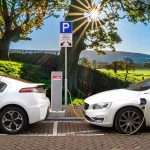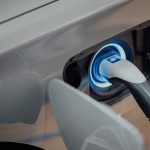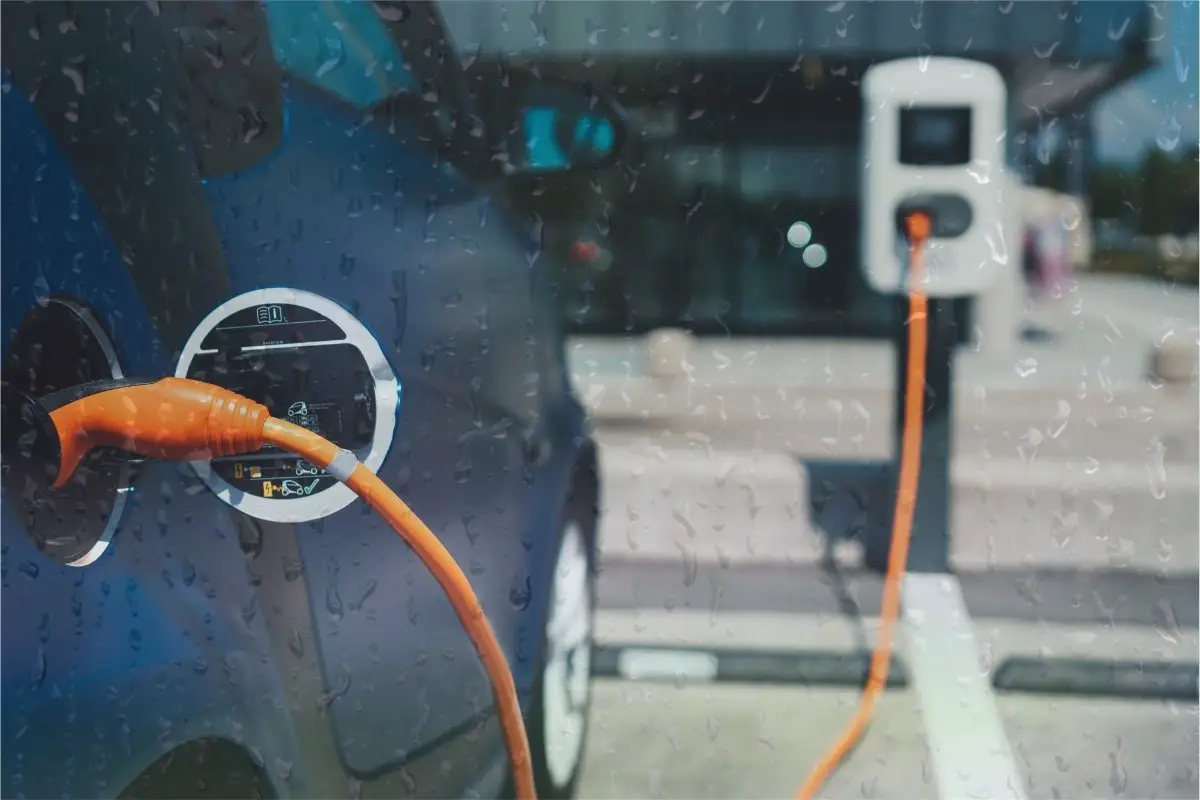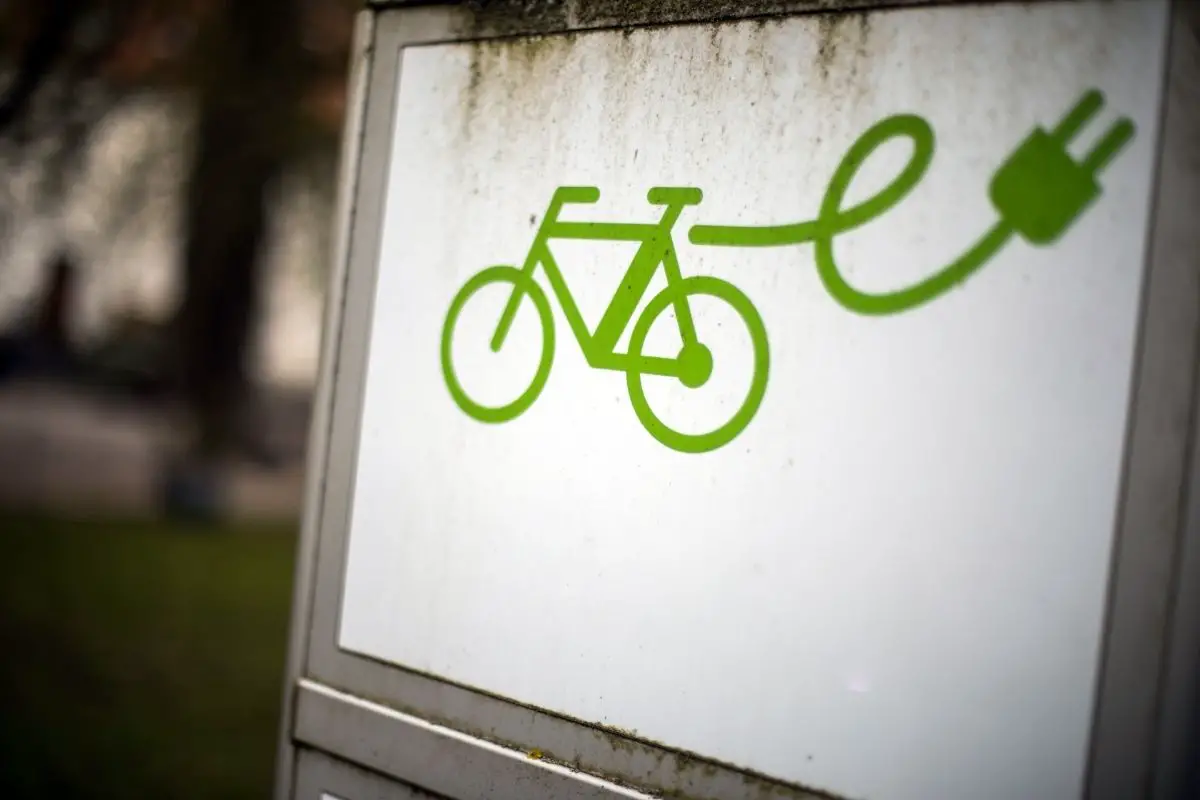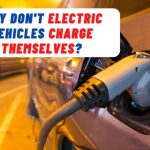Last Updated on March 18, 2022 by
When driving an electric vehicle, it can be daunting not knowing whether you’re going to be able to recharge when you’re on the road or not.
Electric charging points are not as common as gas stations, so journeys often require more planning when driving an electric car.
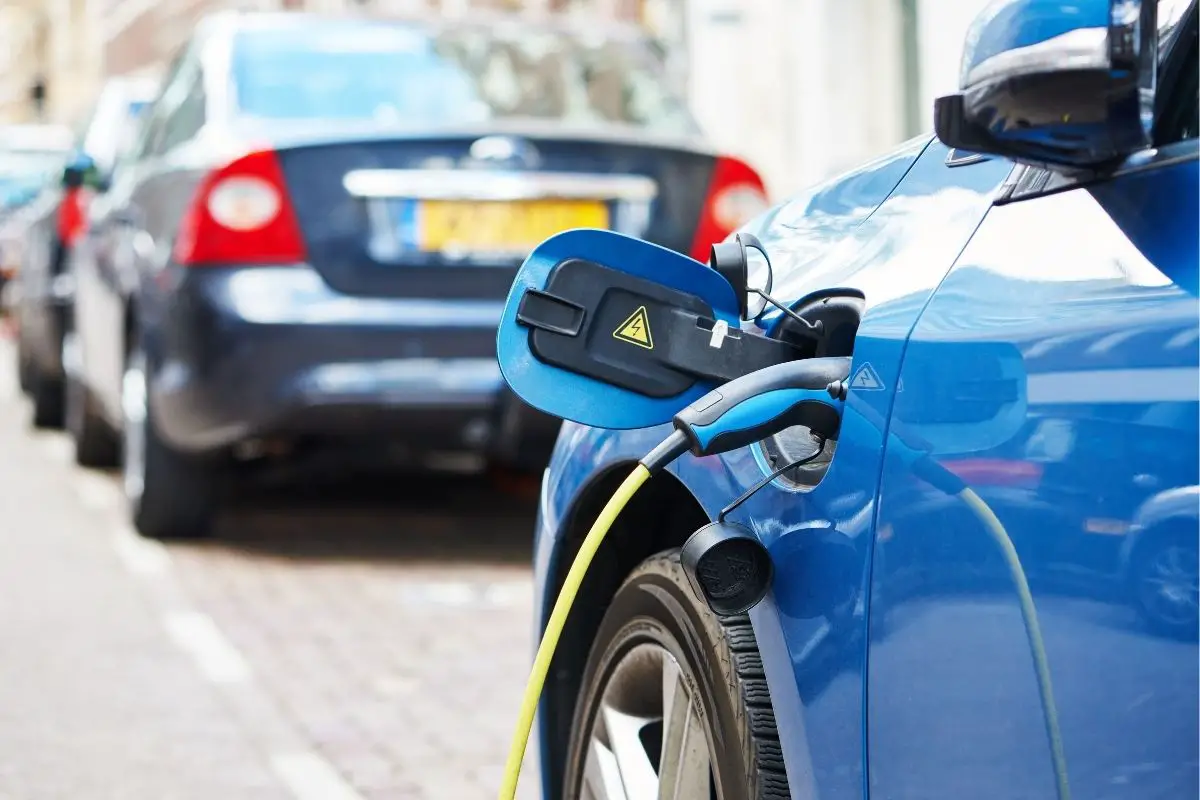
One of the most important things you need to know about your electric vehicle is which charger it takes. Today we’re going to be looking into whether all EVs can charge with the same port.
Are Electric Car Chargers Universal?
Generally speaking, electric car chargers can be considered universal. The standard electric vehicle has the same charging port as the rest of them for both Level 1 and Level 2 charging, which is the most common electric vehicle charger.
There are some models of electric cars that take DC chargers, but these are much less common than the latter.
Some brands decide not to make their chargers universally compatible, however, such as the Tesla Supercharger. This charger can only be used with Tesla EVs and will not work with other brands.
It is beneficial to have an electric car that works with universal chargers so that you can minimize the issues you have with finding a charging port on long journeys.
While there are a decent amount of DC charging ports around major cities, there are many more for Level 1 and Level 2 charging.
How Many Amps Are Needed To Charge An Electric Car?
Most electric cars will charge with around 32 amps per hour. This will add roughly 25 miles of range for every hour of charging. 32-amp charging ports are the most common to find when driving, because they work well for most electric vehicles.
If you want to increase your charging speed, however, you might want to look out for a 50-amp electric car charging port.
For every hour used, a 50-amp charger will add around 37 miles of range to your vehicle. These charge faster, but they are also more expensive to use and not as common to find.
Can You Charge An Electric Car From a 13 Amp Socket?
Yes, it is possible to charge your EV from a 13-amp socket. These are the outlets that you’ll find inside your home, so you can charge your car from an internal plug at home. However, wall boxes are preferred for charging electric vehicles.
Every EV will come with a cable that can be plugged into a 13-amp socket to charge the car. This is often referred to as a granny cable. Bear in mind that this form of charging is not designed to be used everyday and is better reserved for emergency situations.
How Much Does It Cost To Charge An Electric Car?
There is a method to find out how expensive it is to charge an electric vehicle. It is supposed to be a fifth of the price of gas, but here is how to get a more exact number of how much you’re paying to charge your car.
You need to consider the cost per kilowatt hour (kWh) when working out your electricity costs. A kWh is a unit of measurement that is used by energy suppliers to bill you. It refers to 1000 watts of electricity being used for one hour.
Your electric bill should show the kWh that your electric vehicle is using. The average cost is between 10 and 14 cents an hour.
However, you then need to consider the size of the battery to determine how many hours it is going to take to charge your car completely. The larger the battery, the longer it will take to charge and therefore the more you will spend on electricity.
Currently, the largest battery size is the Tesla Model S 100D. This has a battery size of 100.
Take your battery size (which is how many kWh it can store at once) and multiply that by the cost of your electricity.
For example, if the car’s battery size was 100 and the cost of electricity was 10¢ an hour, it would cost you $10 to charge your car to maximum capacity.
Is It Cheaper To Charge An Electric Car At Home?
Yes, it is often cheaper to charge your EV at home. This is because charging ports often inflate their prices slightly so that the company can make a profit. Charging your vehicle at home can make your life easier and lower your fuel costs in the long run.
Electric Car Charger Home Installation
Installing a charging wall box at home can save you money by charging your EV overnight so that you don’t need to use a charging port during the day. Many people find home charging easier and more efficient, too.
How Much Does It Cost To Install An EV Charger?
On average, it costs between $1000 and $1200 to buy and install an EV home charger. This cost will depend on the type of wall box you buy as well as the decision to install it yourself or get a professional in.
It is also worth noting that you might be able to get a federal tax credit to lower the cost of your charger. The price can be reduced up to 30%, equating to around $1000.
Can You Install An Electric Car Charger Yourself?
No, it is best that you let a qualified electrician install the charger. Unless you are a professional in the field yourself, you run the risk of installing it incorrectly and potentially injuring yourself and others.
Summary
Most EVs do use the same charger, which makes charging ports so useful. The most common charging port is 32 amps, although you can get faster charging using a 50-amp alternative.
The cost of charging your electric car will depend on the size of the battery and how much your electricity supplier charges per kWh. However, it is certain that charging an EV is cheaper than gas prices.
Charging your EV at home is often cheaper than using a public charging port. Just remember to get a qualified electrician to install your wall box so that it is safe to use around your family.
- Why Electric Vehicles Are Not Popular - January 29, 2023
- How Long Do Tesla Batteries Last Per Day? Battery Facts - January 25, 2023
- Do Electric Vehicles Have Air Conditioning? - December 21, 2022

